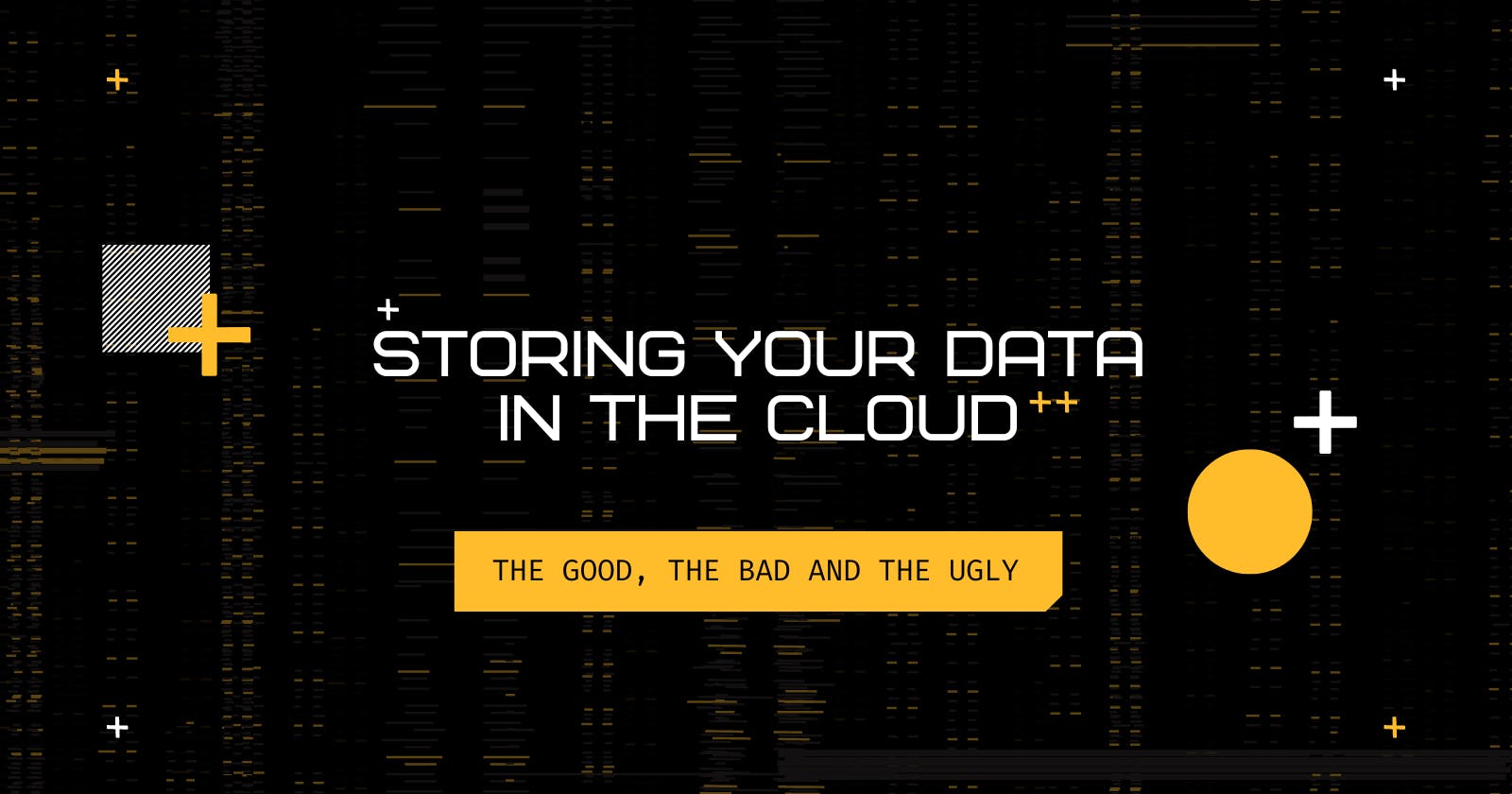Welcome back to the 9th blog in our series 'Cloud Concepts Demystified With GCP'! Today, we're going to talk about setting up and using Cloud Storage and Cloud SQL. But before we dive into the technical details, let's have some fun with a little joke.
Why did the database administrator refuse to go on vacation?
Because the SQL server always needs someone to join it!
Alright, now that we've got that out of the way, let's get serious about cloud storage and SQL databases.
Cloud Storage - The Good
If you're looking for a way to store your data in a reliable, scalable, and cost-effective manner, Cloud Storage is the way to go. With GCP's Cloud Storage, you can store and retrieve any amount of data from anywhere in the world, and you only pay for what you use. Plus, you don't have to worry about managing and maintaining your own hardware.
With Cloud Storage, you can store a wide variety of data types, including images, audio, video, text, and more. You can also set up automatic data backups and versioning, so you never have to worry about losing your data.
Cloud Storage - The Bad
Now, let's talk about the downsides of Cloud Storage. The first thing to keep in mind is that while Cloud Storage is generally very reliable, it's not perfect. Just like any other storage solution, there is always the possibility of data loss or corruption. It's essential to have backups and redundancy in place to mitigate this risk.
Another potential issue with Cloud Storage is that it can be more challenging to manage than traditional on-premise storage solutions. You need to have a solid understanding of access controls, permissions, and encryption to ensure that your data is secure.
Cloud SQL - The Ugly
Next up, we have Cloud SQL, which is GCP's fully managed relational database service. Cloud SQL supports both MySQL and PostgreSQL, and it provides high availability, automatic backups, and scalability.
The great thing about Cloud SQL is that you don't have to worry about managing the underlying infrastructure or database software. GCP takes care of all of that for you, so you can focus on building your application.
However, there is one significant downside to Cloud SQL, and that is its cost. Compared to other database options, Cloud SQL can be quite expensive, especially if you're running a large, high-traffic application. You need to carefully consider your database needs and budget before deciding if Cloud SQL is the right choice for your project.
Conclusion
That's it for today's blog post on Cloud Storage and Cloud SQL. While both of these services have their pros and cons, they can be powerful tools for managing and storing your data in the cloud. With the right setup and configuration, you can take advantage of GCP's world-class infrastructure to build fast, reliable, and scalable applications.
So, whether you're a database administrator, a developer, or just someone who loves the cloud, remember that there's always a solution out there that can meet your needs. And who knows, you might just find your perfect match with GCP's Cloud Storage and Cloud SQL.
Thanks for reading, and stay tuned for more cloud concepts demystified with GCP!
